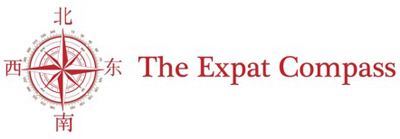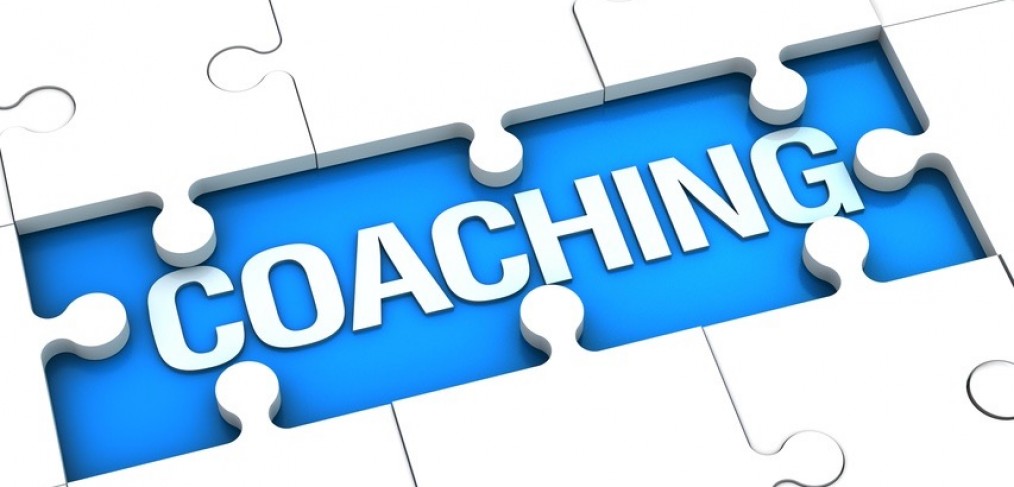While coaching is gaining in popularity and acceptance as an effective means of development, it is relatively new and misunderstood, which leads potential clients to ask: Is coaching right for them? Coaching are client led conversations: the client drives the agenda, leads the discussion, creates and ultimately commits to a plan of action. The coach’s role is to ask the right questions to stimulate the client’s thought towards greater self-awareness.
Rather than ask if this process is suitable for you, I offer another perspective: are you ready for coaching? Everyone can benefit from coaching but being in the right frame of mind will ensure that you will maximize your gain from the process. By the end of this article, you will be able to determine if you are prepared for the coaching process.
Three questions measure your readiness for coaching. The first is rhetorical: “Do you have an area of self-development?” Everyone has room for improvement, whether it is seeking growth in new skills, behaviours or mindsets or remedial in nature. The amount of knowledge, skills and capabilities are limitless and one’s ability to deepen their competence has no bounds. Seeking growth would be developing necessary and new skills after your first promotion to management. An example of remedial action would be improving or correcting behaviours that you already have as a manager of people. Recognizing that everyone has growth and improvement areas, including our own opportunities, is the first and biggest obstacle to overcome.
Do you want to heighten your self-awareness through coaching? At first glance, this second question may also seem rhetorical but it is not: recognition of blind spots, room for improvement or new areas of discovery does not equate to action. In fact, you may be afraid or unwilling to take action. In my experience, clients must address their fears to achieve desired goals. Recognizing, let alone overcoming, fear is not easy nor obvious to clients – the nature of fear is to avoid. Your receptivity to coaching through these fears will largely affect the change to your desired mindset.
Last but not least, are you motivated to proactively change your paradigm? This is an important phase because it is where positive transition and change occur. A coach and client can achieve a great deal of learning and client self-awareness through conversations, but the best coaching relationships also commitment to action and establishing accountability for improvement. This is also the section where a coach can provide a lot of support. A coach helps clients identify and work through obstacles to change. The answer ultimately lies within the client, but an effective coach will use effective questions so that the client realizes and commits to true actions of growth.
If you are true to yourself and able to answer these three questions affirmatively, then you ready for coaching and will be part of a growing group of successful clients who has benefitted from the coaching process. So let me end with a call to action – schedule a discovery session with a coach that you have chemistry with and ask whether you are ready for coaching.
As originally posted for The Executive Coaches Group (http://executivecoachesgroup.com/are-you-ready-for-coaching/)


